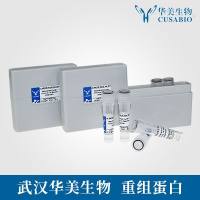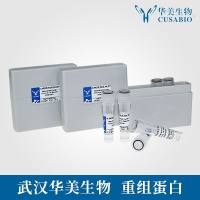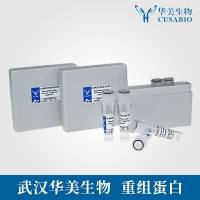In Vitro Motility System to Study the Role of Motor Proteins in Receptor-Ligand Sorting
互联网
互联网
相关产品推荐

Recombinant-Cryptococcus-neoformans-var-neoformans-serotype-D-Presequence-translocated-associated-motor-subunit-PAM17-mitochondrialPAM17Presequence translocated-associated motor subunit PAM17, mitochondrial
¥10458

btuC/btuC蛋白/btuC; OE_2952FCobalamin import system permease protein BtuC蛋白/Recombinant Halobacterium salinarum Cobalamin import system permease protein BtuC (btuC)重组蛋白
¥69

yscM/yscM蛋白/yscM; Yop proteins translocation protein M蛋白/Recombinant Yersinia enterocolitica Yop proteins translocation protein M (yscM)重组蛋白
¥69

Recombinant-Bacillus-subtilis-Motility-protein-AmotAMotility protein A Alternative name(s): Chemotaxis protein MotA
¥11186

重组人 p38 delta / MAPK13 蛋白 (Activated in vitro, GST标签)
¥3220
相关问答

